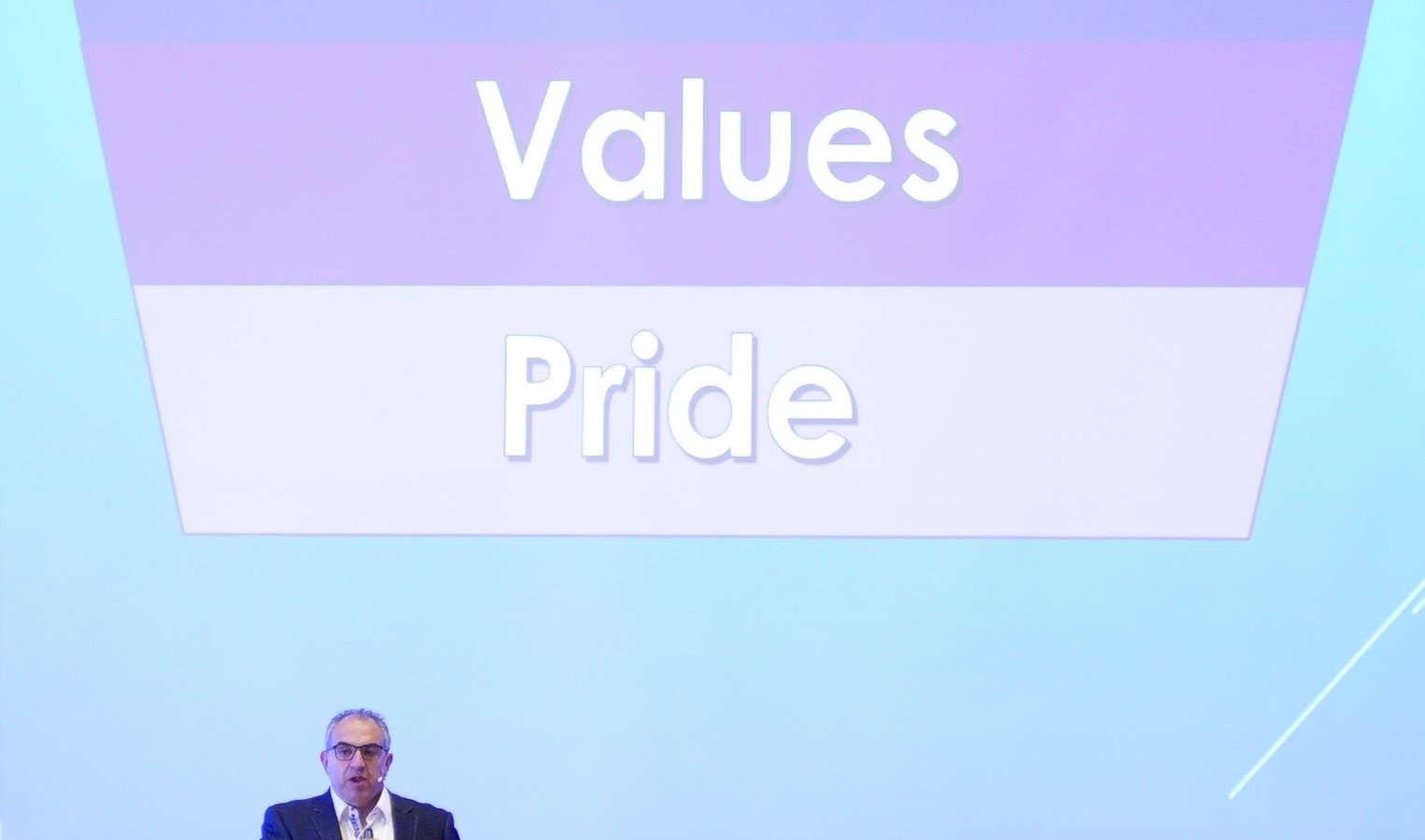The last few weeks have highlighted to me how an instant can change your life, through pretty much no fault of your own.
This has however made me think about how an instant can change some else’s life. How often are we careless with our words and deeds and (hopefully) unintentionally cause harm to someone else.
I am not standing on a soap box preaching morality and good deeds. I am reflecting on how we often do things that may seem innocuous and even innocent but have major re-percussions on other people’s lives.
As a concrete example, a few years ago when a well-known Rugby Union Player commented about people in the LGBT+ communities going to hell. He was immediately dropped from the team and censured. However, a wise community leader pointed out something quite fundamentally different. He said that the real reason that we have to watch what we say is that the unknown impact of the statements could be dramatic.
He said that an instant can change someone else’s life.
The example he cited was of a young teenager who saw this person as hero and this teenager was struggling with their own sexuality. Comments from their hero could potentially drive this teenager to self-harm, even with fatal consequences. The hero star player would never perhaps even know about the impact of their words on this teenager. This is the instant in time that can change someone else’s life.
There is a parable told of a young student who approaches his teacher to understand why you should not talk about other people. His teacher tells him to take his feather pillow and go to the town square and cut the pillow open to disperse the feathers and then come back. On his return, he asks what he should now do. The Teacher tells him to go back to the town square and retrieve the feathers. The student comments that it is impossible as they have dispersed. Therein lies the answer, says the teacher. Your words spoken about somebody else spread out quickly and cannot be retrieved – therefore it is better not to speak about people at all.
An instant can change some else’s life.
The last few years have seen a surge in complaints about workplace bullying and harassment. This does not mean that there is a surge in this activity, rather it means society has made it ok to speak out and combat bullying and harassment. Organizations need to build into their culture and fabric of their organization that these behaviours are not acceptable.
Fundamentally, I believe that it is not the immediate reactions that are the issue. It is the long-term implications that impact people well after the event, and the perpetrator may never even know or understand the impact of their actions.
What is the way ahead?
- We each need to be aware of ourselves and our potentially negative thoughts about other people.
- We need to create environments where these negative thoughts don’t even arise.


